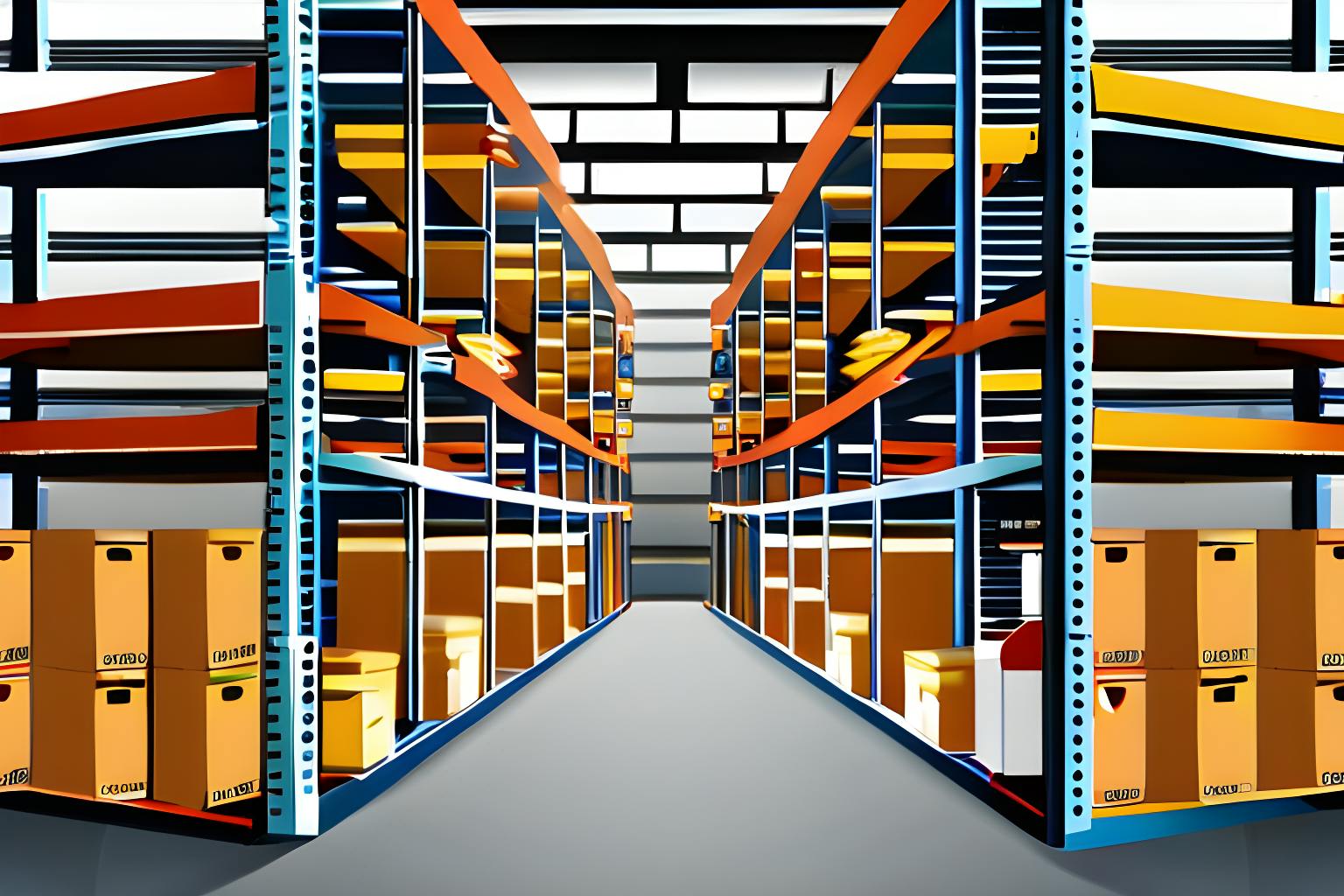145 reads
Amazon Raises Sellers’ Costs by Forcing Them To Split Their Inventory
by
October 27th, 2023
Audio Presented by

The youngest person to ever chair the FTC, Lina Khan rose to prominence from her 2017 book, "Amazon's Antitrust Paradox"
About Author
The youngest person to ever chair the FTC, Lina Khan rose to prominence from her 2017 book, "Amazon's Antitrust Paradox"
